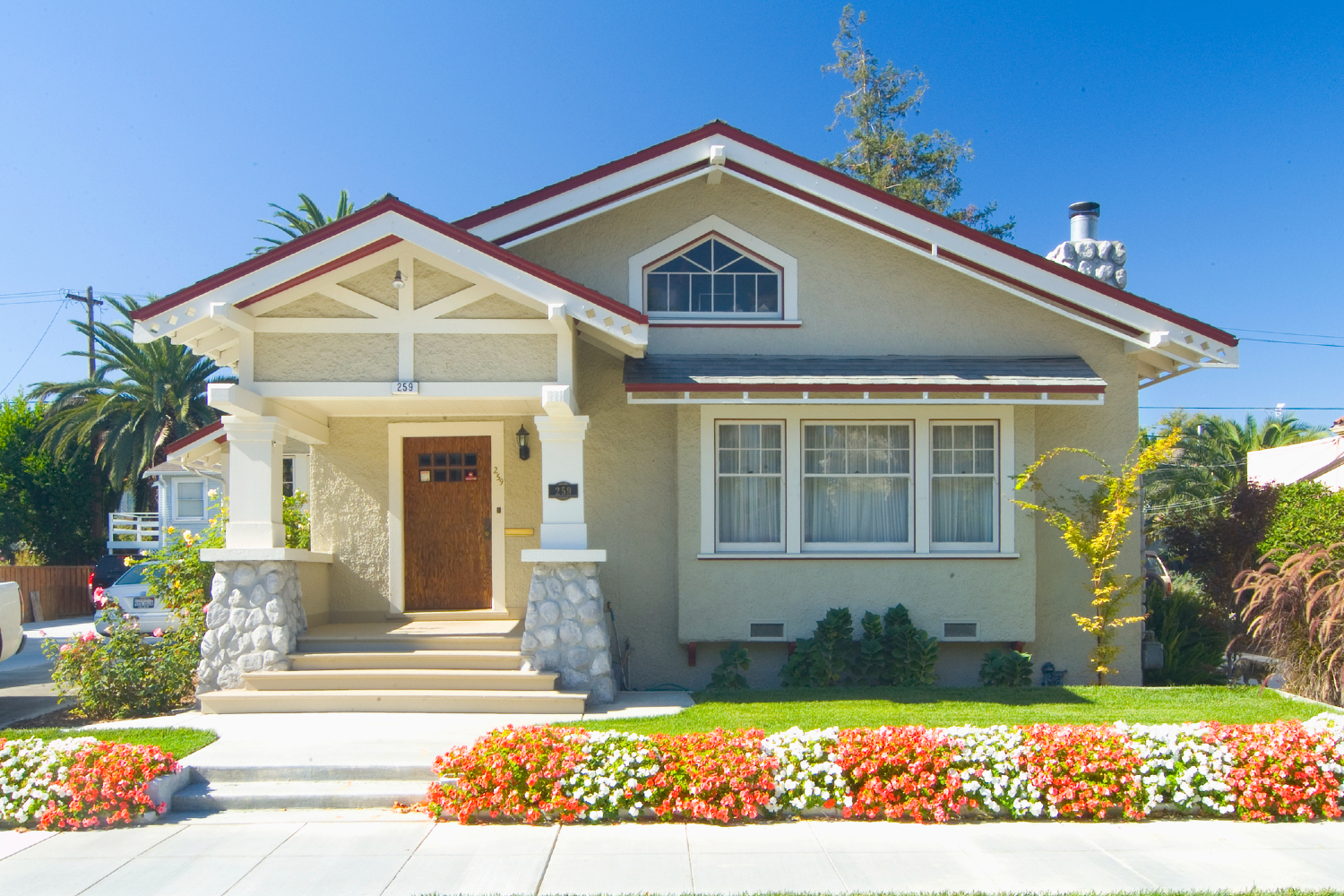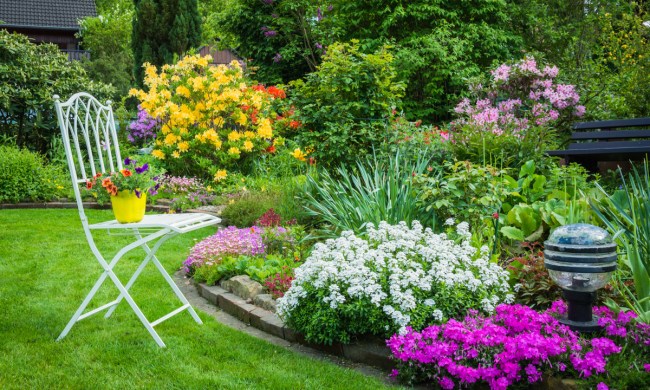Owning a home is a great investment, especially during economic periods when home values increase, but owning a home comes with expenses. We do several things to save on our annual home costs, from energy-saving practices to refinancing our homes, but did you know there may be ways to decrease the cost of your homeowners insurance? We’re going to discuss some common factors that drive up the cost of your homeowners insurance, as well as some ways you can bring the cost down.

Things that drive up the cost of your homeowners insurance
Many variables go into determining the annual cost of your homeowners insurance. Some variables you can’t change, like the size and location of your home. Other variables you may be able to adjust to bring the cost of your premiums down, like the total amount of coverage you have or the amount of your deductible.
There are also some factors you may not have thought of that may increase the cost of your insurance. Since insurance companies base your rate on how much risk is associated with covering your home, these six common things may be driving up your premiums.
Adding valuables to your policy
If you’re diligent about adding newly purchased valuables to your insurance policy, like that new piece of artwork or that expensive necklace you got for your anniversary, you may be aware that adding valuables to your policy increases your insurance rates.
Having an old roof
A home with a new roof will have a lower insurance premium since the risk of replacing the roof is lower. However, if your roof is older, you may get a higher rate to offset the risk of covering your home.
Installing outdoor play equipment
Outdoor play equipment is a fun addition to your home that makes the kiddos enjoy being outdoors. The problem is, insurance companies don’t see outdoor play equipment as all fun and games. Homes with pools or trampolines have higher risks and are more likely to file claims, so rates tend to be higher.
Living in regions with extreme weather
It can be expensive to insure homes in areas where earthquakes, hurricanes, or flooding are common. You can’t control the weather in your region, but if your home is in disrepair or lacks protection against extreme weather, your rates could be even higher than your neighbor’s.
Owning certain breeds of dogs
We certainly love our fur babies, but owning certain breeds of dogs drives up your homeowners insurance and may even make your home uninsurable. Even if yours is the sweetest and most well-trained pup, insurance companies will still see it as a risk to insure the home of a “dangerous” dog breed.
Having a poor credit score
Just like banks and credit card companies, insurance companies use your credit score to determine how risky it is to cover your home. If your credit score isn’t stellar, it could be a factor that increases your homeowners insurance premiums.

What you can do to lower homeowner’s insurance
The good news is, there are some things you can do to drive your home’s insurance rate down. Some of these tips may take some time and money to set in place, but the amount of insurance savings may be worth it.
- Keep up with home repairs. This mitigates the risk for insurance companies to cover your home.
- Install an approved home security system. Insurance companies know that owners of secured homes are more likely to notice fires, damages, and break-ins earlier and file smaller claims.
- Fortify your home with weather-resistant updates, like earthquake proofing, flood-preventing measures, and hurricane-resistant windows. This will reduce the risk of damage and lower your premiums.
- Increase your credit score to reduce the risk of covering your home.
- Talk to your insurance company regularly, particularly before installing a pool, getting a dog, remodeling, or making other changes.
Considering all the costs of owning a home, like taxes, maintenance, and mortgage interest, you could use any savings you can get. While homeowners insurance isn’t necessarily the most expensive cost when it comes to homeownership, taking steps to reduce your premiums can go a long way in earning you savings over time. If your insurance is impacted by any of the common things we’ve discussed here, it may be time to consider making some changes to your home to drive that cost down.



